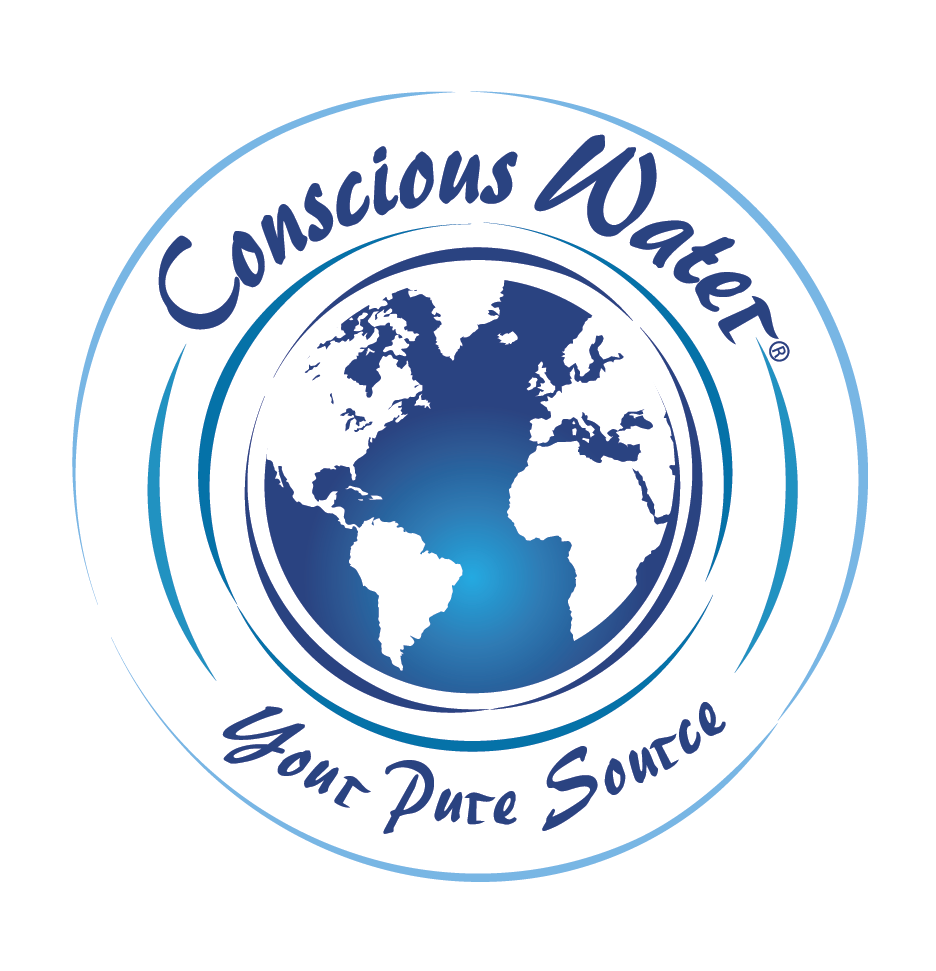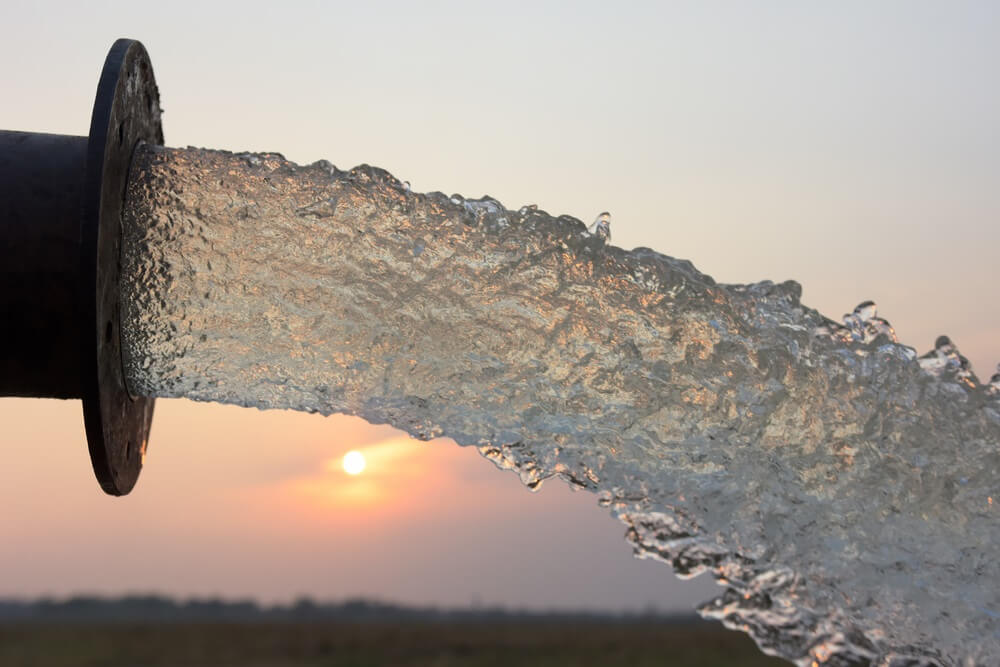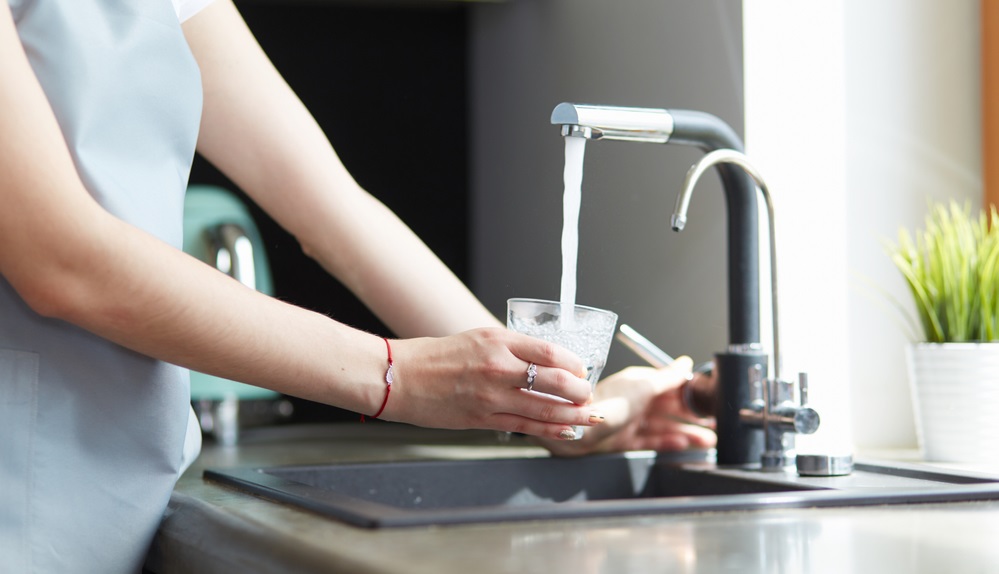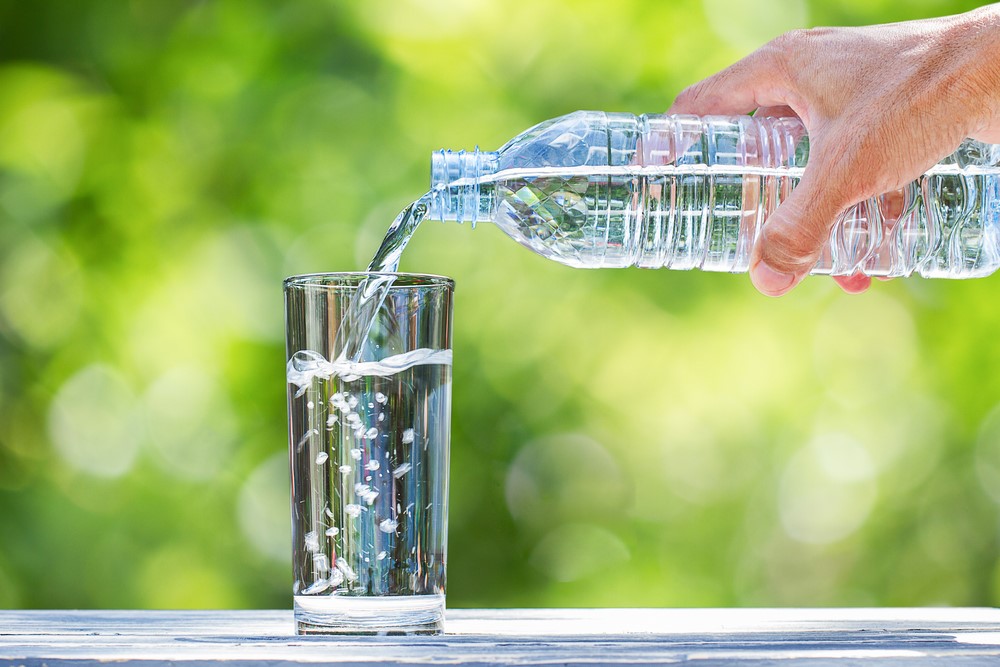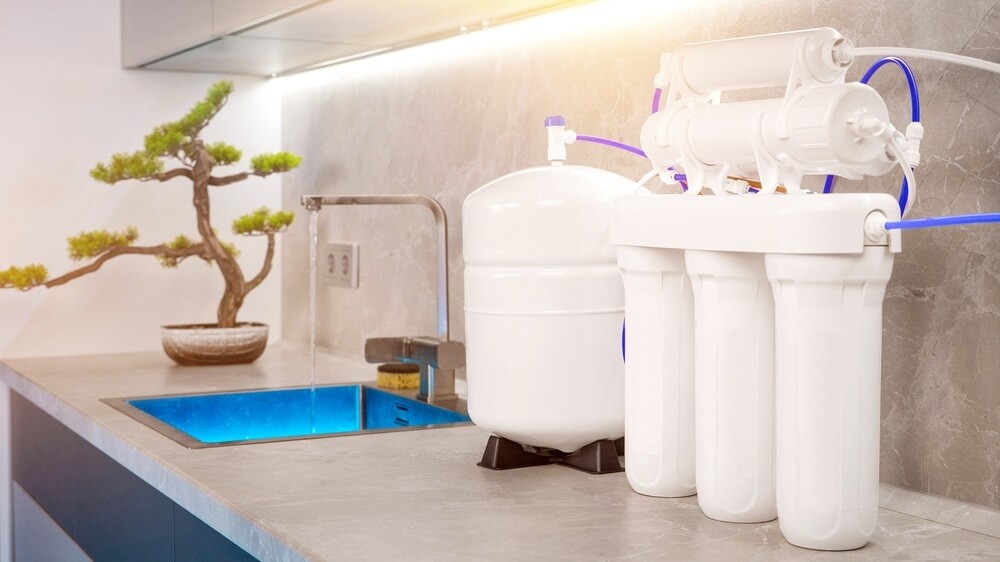The human body is about 70% water, a number that you must maintain for normal life operations. While the body gets water from fruits, beverages, and vegetables, the bulk of the water comes directly from drinking water directly.
You already know that you must drink enough water daily, but is the water from your faucet healthy for you?
The water that comes from the drinking water faucet in your home or business premises in Canada is largely safe and healthy for you unless otherwise communicated by your municipal or local water system.
In Canada, drinking water is regulated in several ways. The Food and Drugs Act regulates bottled water, which it treats as food.
The Federal-Provincial-Territorial Committee on Drinking Water oversees the regulation of water systems in the country, with each province or territory required to regulate its drinking water systems.
The territories and provinces regulate water systems by setting and enforcing quality standards and managing water distribution systems, treatment plants, and water sources.
The Guidelines for Canadian Drinking Water Quality are developed by Health Canada’s Water and Air Quality Bureau through science and research. The bureau collaborates with federal departments, provinces, and territories.
The Government of Canada is committed to working with the Safe Drinking Water for First Nations Act to ensure all Canadians enjoy the right to safe, reliable, and clean drinking water, even as the territories and provinces still implement their own legal drinkable water safety standards.
Ensuring the availability of safe drinking water is a collective undertaking shared by various bodies from the national government, federal departments, provinces, and territories.
You can always rest assured that your drinking water faucet will keep flowing with healthy, potable water until otherwise communicated.
Faucet Water Quality vs the Source
Most of the water consumed in Canada for drinking and cooking comes from municipal or community water systems and private wells.
If the water for your home or business comes from a municipal water supply, you can be sure to a large extent that it is healthy for you to drink.
Your water supplier is usually required by law to communicate promptly that its water has been contaminated and is unsafe for consumption until otherwise declared. They are also required to suggest alternative sources of drinking water, such as bottled water.
Private residential wells in Canada are not regulated by the Canada Water Act (CWA) nor the Safe Drinking Water Act (SDWA). You must test the water yourself if your water is from such a well. You can do this through a reliable lab that will check for levels of contaminants in the water at least once a year.
People that obtain water from a private well supplier must also ensure that the supplier regularly tests the water for contaminants and communicates to them promptly if the water becomes unsafe for consumption.
The supplier should also tell you in advance when they intend to treat the water to ensure enough time passes and the levels of the treatment chemicals go down to a safe level.
Faucet Water Quality vs Location
Ideally, the quality of water will differ from one location to another. Some places will have soft water, while others have hard water. The degree of softness or hardness in water will also vary by location.
People near establishments like large farms and factories may have less pure water. Animal waste contains bacteria that may find their way to your water at the source or along the supply chain. The same can happen with pesticides and factory effluent.
How Faucet Water Becomes Contaminated
Water may become contaminated at any point between the source and the faucet. Temporary contaminations usually happen when water lines break or when equipment failure occurs.
Closer to home, your water may become contaminated if it absorbs lead, a common phenomenon in old houses with lead water pipes.
Types of Potential Contaminants in Faucet Water
Any of the following (or several of) may be present in contaminated water:
- Biological pollutants or microorganisms like viruses, parasites, and bacteria
- Chemical contaminants like pesticides, pharmaceuticals, and nitrates from fertilizers
- Heavy metals like mercury and lead that leach from natural underground sources or lead from old, corroded lead pipes
- Physical contaminants like silt
- Radiological pollutants or radioactive elements like plutonium, cesium, and radium
How Do You Know if Your Faucet Water Is Contaminated?
One of the most reliable ways to check if your water is contaminated is to examine its physical properties that are detectable by sight, taste, or smell.
If your drinking water is cloudy or discoloured, it’s most likely contaminated with sediments, chemicals, or pathogens. These contaminants could have leached into the water from nearby farms, factories, or old water pipes.
Water with an odd taste or odour also signifies contamination. If it smells like rotten eggs, it has been contaminated with hydrogen sulphide. A metallic taste indicates that heavy metals have leached into the water from underground or old metal pipes.
Specks, particles, and flakes also suggest the presence of pollutants in water.
You should always contact your county or municipal health department or water supplier for water testing in a government-certified laboratory if you suspect your water is unsafe.
High-risk Groups Most Affected by Unhealthy Drinking Water
The following people are at higher risk of complications arising from drinking polluted water:
- Infants
- Pregnant women (and the fetuses)
- Immunocompromised people, such as those living with HIV/AIDS
- Young children
- Older adults
- People that have had organ transplants
- People undergoing or those that have undergone chemotherapy
Health Implications of Drinking Polluted Water
The type of contaminants in the water will influence the kind of health complications you’ll suffer. The following may happen:
- Nitrates convert to nitrites in the intestines and reduce the capacity of blood to transport oxygen. An enzyme in older children quickly reverses this, but the condition can turn fatal quickly in infants.
- Lead consumption causes mental and physical developmental issues in children and infants. Prolonged lead consumption causes high blood pressure and kidney complications in adults.
- Transmission of diseases like hepatitis A, polio, cholera, dysentery, typhoid, and diarrhea may occur due to contaminated water, especially in poor sanitation areas.
- Gastrointestinal complications are caused by pathogens like cryptosporidium.
Alternatives to Drinking Faucet Water
What are the best alternatives to using water from a drinking water faucet as your main water supply?
Boiling
Boiling your water is a simple alternative to drinking water straight from a faucet.
You can kill the germs in the water by boiling it, but it won’t affect the nitrates, lead, pesticides, and other unwanted metals or chemical substances.
Instead, you’ll increase the concentration of these substances since boiling reduces the water volume when some of it is lost through vaporization.
Bottled Water
Bottled water is an alternative to tap or faucet water since it has the same quality standards as tap water. But it’s not without its shortcomings. For one, it also has some contaminants in it.
The number of contaminants may differ from one bottled water company to another, with some potentially exceeding the allowable levels.
Although bottled water is treated as food when checking for safety standards, not all of it will be healthy for you.
Bottled water companies must test their water regularly, but the downside is that they are not compelled to reveal the tests’ results to their consumers.
Furthermore, unlike most community water systems that are required to reveal their water sources and what is in their water, bottled water companies do not have to disclose the source of their water.
Besides those that sell spring or mineral water, only a few others may reveal the geographical source of their water out of a desire for transparency or when asked by a customer.
Another notable disadvantage of bottled water is that it is more expensive than faucet water. It’s estimated that bottled water costs 150 to 200 times more than tap water in most places across the globe.
Your carbon footprint is high when using bottled water since most bottles are single-use only. Given that less than 10% of the world’s plastic output is recycled annually, most of the water bottles you dispose of will likely end up in landfills or bodies of water.
You should use reusable water bottles in your home or business to limit the amount of plastic waste that goes into the environment.
The prevailing notion is that bottled water is safer and healthier than tap water. In countries like the US, about 61.4 million people ditched tap water for bottled water in 2017/2018, even though their water faucets have safe water.
Home-distilled Water
Distilling drinking water at home is possible if you have the right equipment. This may be as simple as using two pots and condensing the vapour on a lid or an outside pot, distilling precipitation, or using a home distillation kit.
The good thing with distillation is that it removes a host of contaminants, including pesticides, organic compounds (VOCs), microorganisms, fluoride, tastes, odours, and metals like lead and aluminum.
The downside of distilling drinking water at home is that it’s time-consuming.
The upfront cost can also be massive if you must buy a distillation kit, which can cost $1,000 or more. You’ll also require lots of space under the sink, not to mention reworking your piping system!
Water Filters
If you don’t have the time to distill water at home, you can buy a water filter to ensure the drinking water you obtain from the faucet is healthy and clean enough for you and your loved ones.
Water filters, such as the Berkey water filters that use carbon-based filters, can remove over 200 potential impurities like traces of chlorine, viruses, fluoride, bacteria, heavy metals, and herbicides or pesticides.
Berkey water filters are sustainable, environmentally-friendly, and cost-effective. With a Berkey water filtration system in Canada, you won’t need to use 18-litre plastic jugs or non-reusable plastic water bottles. The carbon-based filters also have a long life.
Furthermore, producing a gallon of drinkable water with a Berkey filter will cost about 2 cents, which is cheaper than bottled water. The gravity-fed filters give you filtered water even when you have no electrical power, saving you even more.
You can shop Berkey water filters if you don’t want to wait several hours to distill a gallon of water, buy expensive bottled water, or risk increasing the concentration of chemicals and heavy metals in water through boiling.
References:
